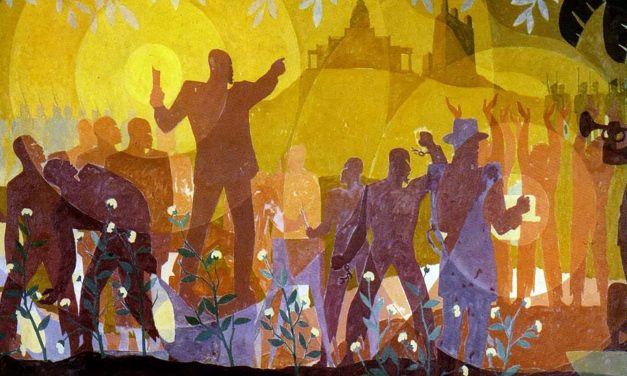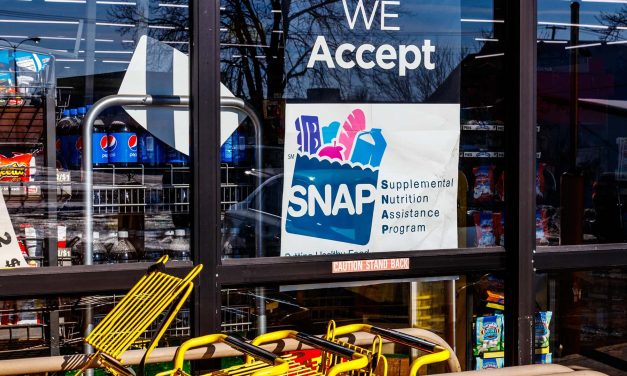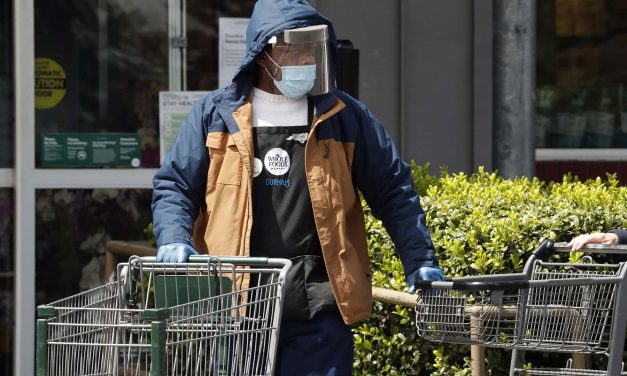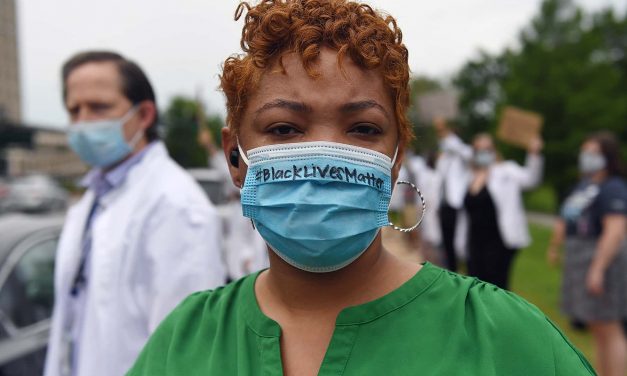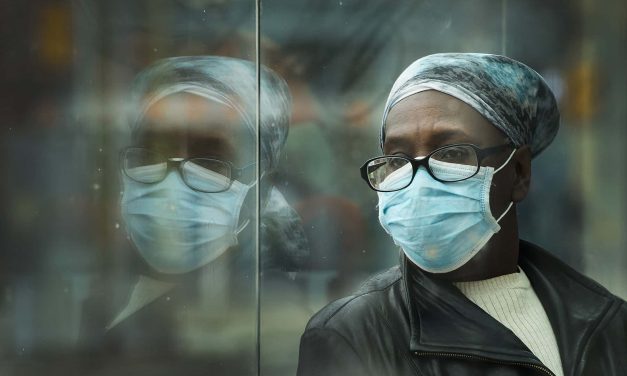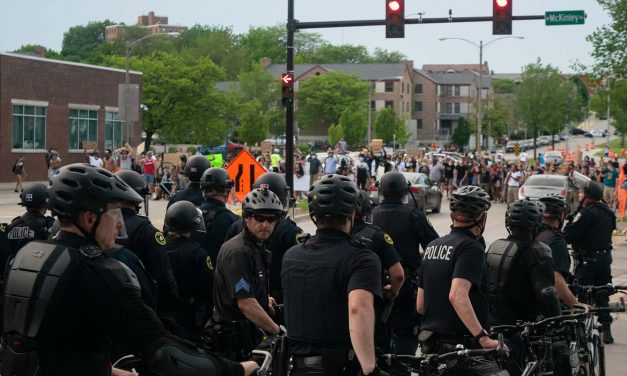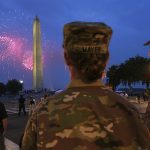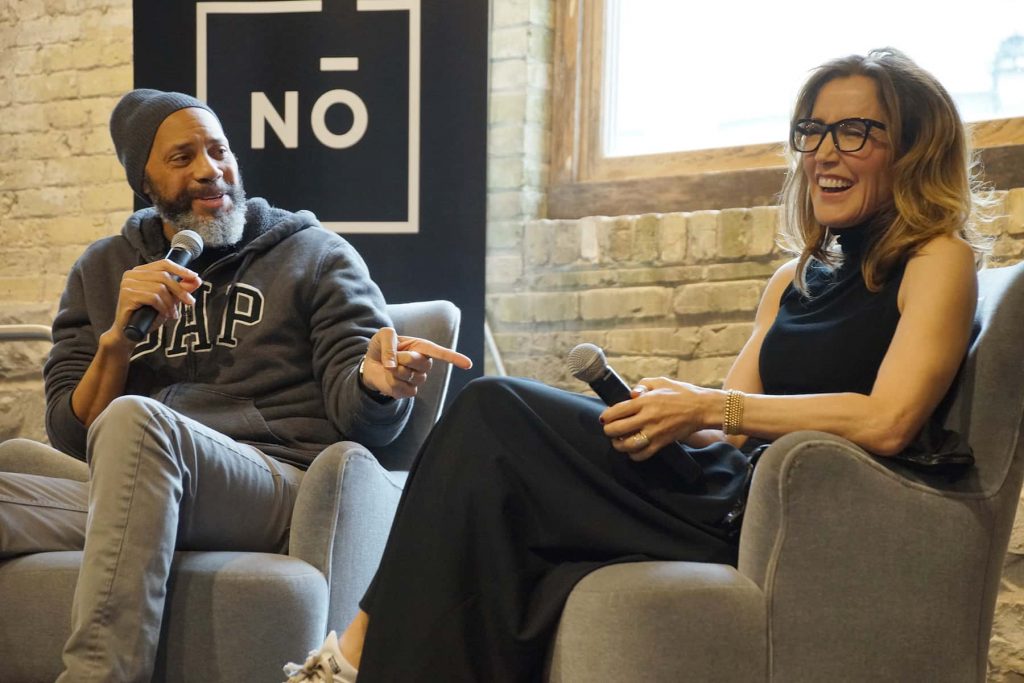Denying an African legacy: How the “New Negro” emerged out of the ruins of the Great War
By Elizabeth J. West, Professor of English, Georgia State University Though we often discuss World War I through the lens of history, we occasionally do it through literature. But almost never involving African-American literature. Discussions about literary influences from that era invariably go to the famous trilogy of Hemingway, Faulkner, and Fitzgerald – the authors most representative of America’s iconic Lost Generation. Their work is said to reflect a mood that emerged from the ashes of a war that, with its trail of carnage, left survivors around the world with a despairing vision of life, self and nation. The...
Read More
